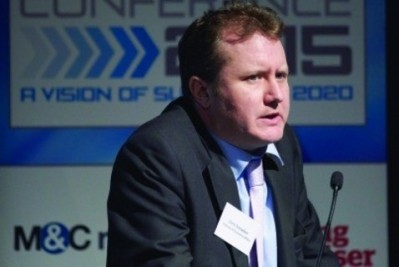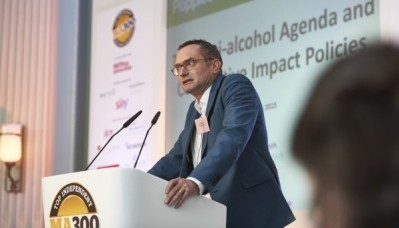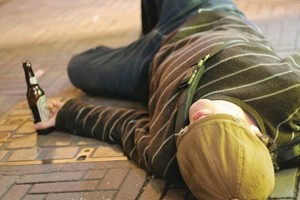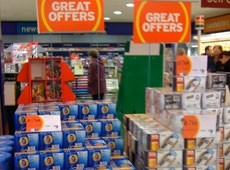Pub trade slams Public Health England's 'inappropriate' statistics
![CPL Training's Paul Chase: 'The fall [in alcohol consumption] over the last 10 years is not a blip'](/var/wrbm_gb_hospitality/storage/images/_aliases/wrbm_small/5/7/8/1/251875-1-eng-GB/Pub-trade-slams-Public-Health-England-s-inappropriate-statistics.jpg)
The concerns were raised following a speech from Public Health England’s director of alcohol and drugs Rosanna O’Connor during last week’s Westminster Social Policy Forum, where she quoted alcohol consumption figures from the early 1950s to support her argument for minimum pricing.
Trade figures said citing a doubling of figures from six decades ago skews the picture of alcohol consumption today, when there has been a 16% drop in per-capita alcohol consumption since 2004. Others also expressed concern at the fact O’Connor left the conference after her own speech and panel discussion, meaning she did not hear the arguments from others in the drinks industry.
'Alarming' figures
Speaking to the Publican’s Morning Advertiser after the conference, CPL Training director and head of UK compliance Paul Chase said: “If you deliberately choose a point of time where alcohol consumption is at an unprecedentedly low level and you compare it to today, then you create alarming statistics.
“The fall over the last 10 years is not a blip. It didn’t start in the recession, it start-ed at the height of the boom, and that’s a long-term trend.”
He insisted public health authorities were not interested in reaching a compromise with the drinks industry and there were some leading health figures who “specifically exclude” the industry from policy discussions, only involving them when deciding how to put measures into practice.
'Entirely disingenuous'
Christopher Snowdon, head of lifestyle economics at the Institute of Economic Affairs said at the event that O’Connor’s use of stats was an “absolute aberration”.
“To portray the 1950s as typical for the amount of alcohol consumed is entirely disingenuous. You couldn’t pick a more inappropriate period of history than after a world war, a global recession another world war and rationing,” he said.
Miles Beale, chief executive of the Wine and Spirits Association, said the 16% fall in alcohol consumption since 2004 represents “the longest sustained decrease in consumption since the Second World War”.
Alcohol harms
O’Connor told the forum: “I did mention there were times over the last 50 years where there had been small drops [in alcohol consumption] often associated with economic downturn. One would hope that we are on the brink of a significant downturn, I wouldn’t seek to undermine that, but we cannot put to one side the harm that levels of consumption are having.”
A spokeswoman from Public Health England declined to comment further.







